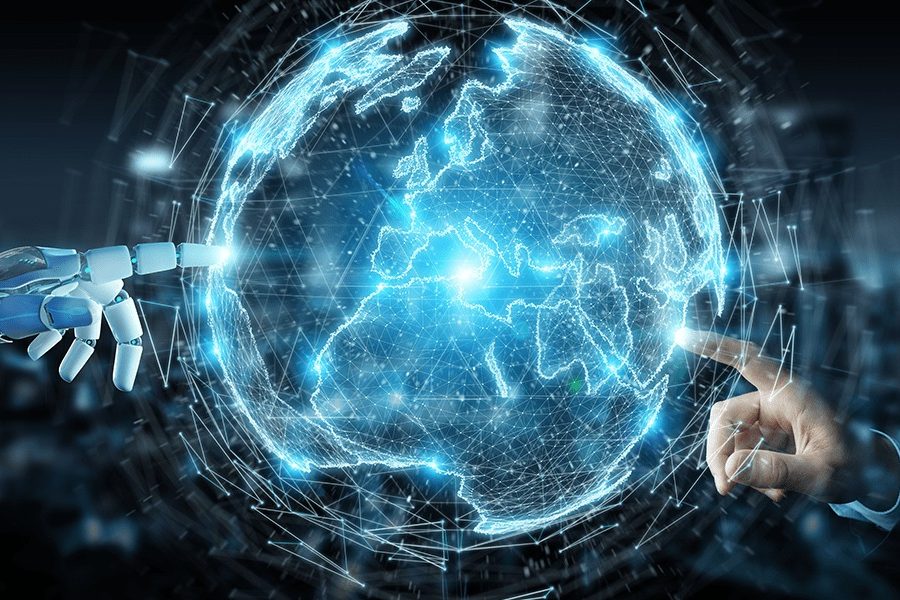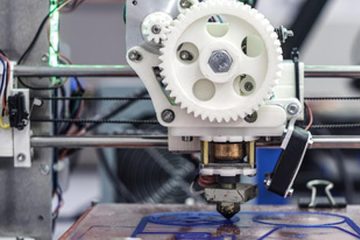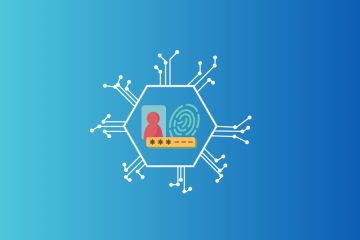Artificial Intelligence (AI) is the leader of the technological revolution and is transforming industries, economies, and lives of people throughout the world. As the AI trudges on it has further infiltrated industries that have not engaged automation and intelligent systems at all. Whether it is healthcare, finance, education, or entertainment, AI has a major transformative power that drives innovation and redesigns the possibilities of humankind.
AI Revolutionizing Healthcare: Precision, Speed, and Accessibility
One of the most profound applications of AI is in the healthcare industry. AI-driven tools enable accurate diagnostics, personalized treatment plans, and predictive analytics that revolutionize patient care. Machine learning algorithms analyze vast datasets from medical imaging, genetics, and patient history to detect diseases earlier and with higher precision than traditional methods.
AI-powered radiology systems interpret X-rays, MRIs, and CT scans in a fraction of the time it takes human experts, reducing errors and accelerating treatment decisions. In oncology, AI models predict tumor growth patterns and suggest tailored therapies, increasing survival rates.
Moreover, AI-powered virtual health assistants and chatbots are making healthcare more accessible by offering symptom analysis and medical guidance 24/7, particularly beneficial in remote or underserved regions. This shift is democratizing medical knowledge and reducing the burden on healthcare professionals.
Transforming Business Operations with Intelligent Automation
Artificial Intelligence is drastically reshaping how businesses operate worldwide. Companies leverage AI for process automation, data-driven decision-making, and enhanced customer experiences. Intelligent automation streamlines repetitive tasks such as invoice processing, supply chain management, and customer service, freeing human employees to focus on strategic and creative work.
Predictive analytics powered by AI helps organizations anticipate market trends, optimize inventory, and enhance demand forecasting. AI-driven customer insights enable highly personalized marketing strategies, improving engagement and conversion rates.
In the financial sector, AI is indispensable for fraud detection, risk management, and algorithmic trading. Machine learning models identify anomalies in transaction data, protecting institutions and consumers from financial crimes more effectively than traditional systems.
AI Enhancing Education Through Personalized Learning
Education is undergoing a major transformation due to AI’s ability to tailor learning experiences. Adaptive learning platforms use AI algorithms to assess individual student strengths and weaknesses, delivering customized content and pacing to maximize understanding and retention.
AI-powered tutoring systems provide instant feedback, guide problem-solving, and support diverse learning styles, fostering more inclusive education. These systems also assist educators by automating grading and administrative tasks, enabling teachers to dedicate more time to student interaction.
Furthermore, AI facilitates the development of immersive educational experiences through virtual reality (VR) and augmented reality (AR), engaging learners with interactive simulations and real-world applications.
Driving Innovation in Transportation and Smart Cities
Artificial Intelligence is a cornerstone in advancing transportation, particularly through the development of autonomous vehicles. Self-driving cars utilize AI to process sensory data in real-time, enabling safe navigation, obstacle avoidance, and traffic management.
Beyond vehicles, AI contributes to smart city initiatives by optimizing traffic flows, reducing energy consumption, and enhancing public safety. Intelligent systems analyze data from cameras, sensors, and social networks to provide actionable insights for urban planners and emergency responders.
AI-powered predictive maintenance in public transport and infrastructure improves reliability and reduces downtime, enhancing overall urban living standards.
AI in Manufacturing: Efficiency and Quality at Scale
The manufacturing industry is witnessing a revolution driven by AI-powered robotics and intelligent systems. Automated assembly lines integrated with AI optimize production workflows, reduce errors, and ensure quality control.
Machine learning models predict equipment failures before they occur, allowing for proactive maintenance that minimizes costly downtime. AI also plays a pivotal role in supply chain optimization, forecasting demand and adjusting production schedules dynamically.
Robots equipped with computer vision can inspect products at a granular level, ensuring consistency and compliance with quality standards. This integration of AI elevates manufacturing from traditional mass production to smart, flexible, and customer-focused operations.
The Impact of AI on Creative Industries
Artificial Intelligence is also disrupting creative fields such as music, art, and content creation. Generative AI models can compose music, create visual art, and even write articles or scripts, opening new avenues for artistic expression.
While AI tools assist creators by automating routine tasks and offering inspiration, they also raise questions about authorship and originality. Nevertheless, AI-driven creativity pushes the boundaries of human imagination, fostering collaborations between humans and machines.
In advertising and media, AI personalizes content recommendations, increasing audience engagement and reshaping consumption patterns.
Ethical Considerations and Challenges in AI Development
Despite its vast benefits, AI introduces significant ethical and societal challenges. Issues around privacy, bias, transparency, and job displacement are at the forefront of global discussions.
AI systems trained on biased datasets risk perpetuating discrimination, necessitating careful algorithm design and continuous monitoring. The automation of jobs, particularly in routine and low-skill sectors, demands robust strategies for workforce reskilling and social safety nets.
Data privacy concerns grow as AI collects and analyzes immense amounts of personal information, prompting calls for stronger regulations and responsible AI governance.
AI’s Role in Environmental Sustainability
Artificial Intelligence contributes meaningfully to environmental protection efforts. Smart grids powered by AI optimize energy distribution, integrating renewable sources efficiently and reducing carbon footprints.
AI-driven climate models improve weather forecasting and disaster response, helping communities prepare for extreme events. In agriculture, AI applications monitor soil health, predict crop yields, and optimize irrigation, promoting sustainable farming practices.
By enabling data-driven environmental management, AI supports global goals to combat climate change and preserve biodiversity.
Future Prospects: AI as a Catalyst for Global Progress
Looking ahead, AI’s potential to drive innovation across all sectors is immense. As research pushes the boundaries of natural language processing, computer vision, and robotics, AI systems will become even more integrated into everyday life.
The convergence of AI with emerging technologies such as quantum computing, 5G connectivity, and the Internet of Things (IoT) will unlock unprecedented capabilities. This synergy promises smarter healthcare, more efficient industries, and enhanced human-machine collaboration.
For organizations and societies, embracing AI thoughtfully will be crucial to harnessing its benefits while mitigating risks.
Artificial Intelligence is no longer a dream but a reality that has always been impacting us at present. It has the power of change to cross-sector and is the touchstone of all human endeavour with growth opportunities, efficiencies and new developments. When we learn to responsibly integrate AI, it can help us open a smarter, more equitable and sustainably prosperous world.


